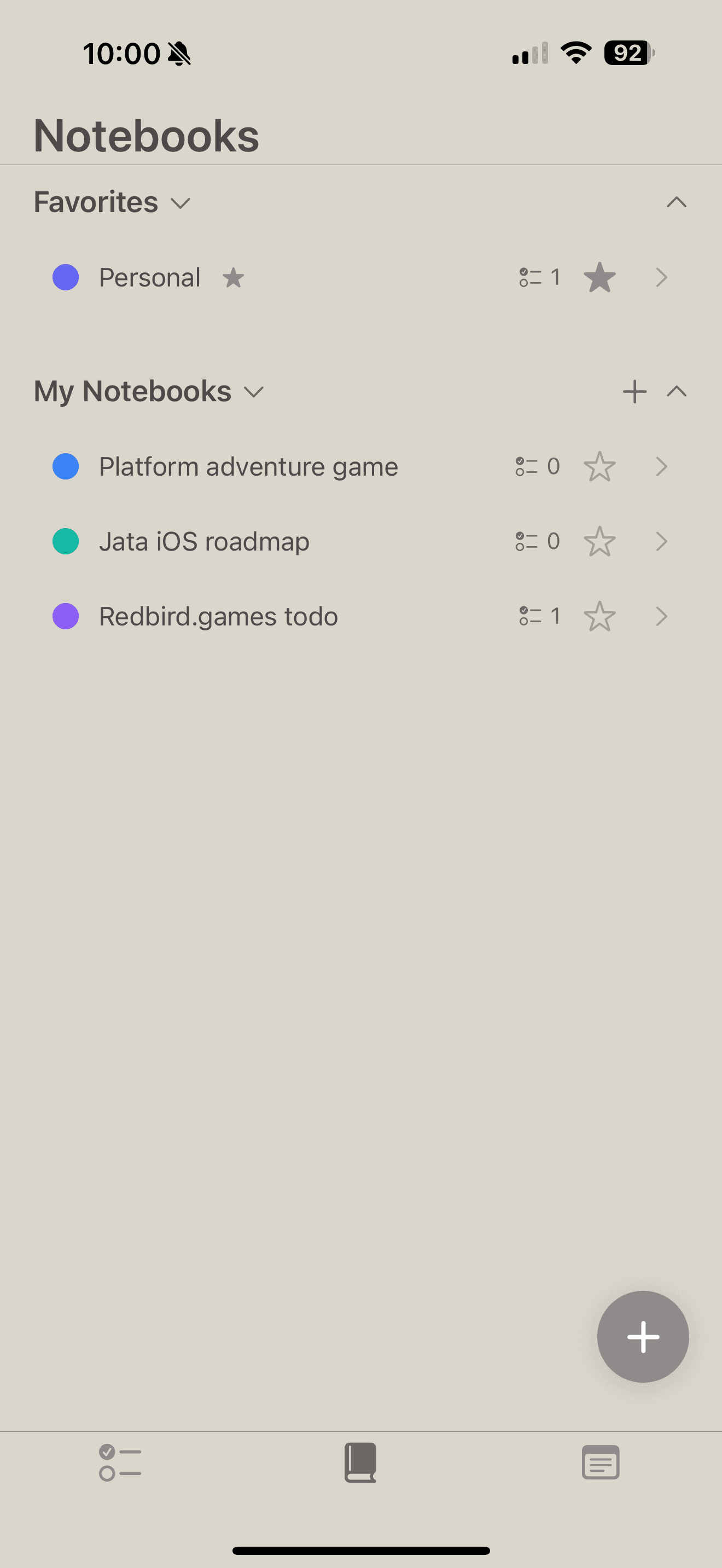Paper vs Digital Productivity: Science-Backed Benefits of Handwriting
New research reveals why handwritten notes increase retention by 25% and improve focus. Discover why the most productive people still reach for pen and paper.

In our rush to digitize everything, we might be missing something crucial. Recent neuroscience research shows that handwriting activates different brain regions than typing, leading to better memory retention, enhanced creativity, and improved focus.
The Science: What Happens in Your Brain When You Write by Hand
A 2024 study published in Frontiers in Psychology used EEG technology to monitor brain activity during handwriting versus typing. The results were striking:
- 25% better retention: Participants remembered handwritten information significantly longer
- Enhanced neural connectivity: Handwriting activated the reticular activating system (RAS)
- Improved focus: The physical act of writing reduced mind-wandering by 40%
- Better comprehension: Handwritten notes showed deeper understanding of concepts
"The unique sensory experience of handwriting contributes to memory formation in ways that typing cannot replicate."
— Dr. Audrey van der Meer, Norwegian University of Science and Technology
Why Productive People Still Use Paper
Despite having access to the latest digital tools, many highly productive individuals maintain paper-based systems. Here's why:
1. The "Generation Effect" in Action
When you physically write something, you're generating the content rather than just consuming it. This cognitive effort creates stronger neural pathways and better memory encoding.
2. Spatial Memory Benefits
Paper allows for spatial organization that digital tools can't replicate. You can draw arrows, create mind maps, and use the physical space of the page to organize thoughts in ways that enhance memory and creativity.
3. Reduced Cognitive Load
Paper doesn't come with notifications, apps, or distractions. This cognitive simplicity allows for deeper focus and more creative thinking.
Research Statistics
The Best of Both Worlds: Paper-First Digital Tools
You don't have to choose between paper and digital. The most effective approach combines the cognitive benefits of handwriting with the search and archival benefits of digital tools.
This is exactly why we built Jata - to bridge the satisfaction of paper planning with the convenience of digital tracking. Instead of replacing handwritten notes, we enhance them.
Practical Tips for Paper-First Productivity
- Start with paper: Begin your planning, brainstorming, and note-taking by hand
- Use structured formats: Bullet journaling and similar systems provide organization without complexity
- Capture digitally: Photograph important notes for searchability and backup
- Review regularly: The act of reviewing handwritten notes reinforces memory
- Keep it simple: Don't overcomplicate your system - simplicity is the key to sustainability
The Bottom Line
While digital tools excel at storage, search, and sharing, handwriting remains superior for memory, creativity, and focus. The most productive people understand this and design systems that leverage the strengths of both approaches.
In a world of endless digital distractions, returning to pen and paper isn't nostalgic - it's neuroscientific. Your brain is literally wired to benefit from the physical act of writing.
Ready to Experience Paper-First Productivity?
Jata bridges handwritten planning with digital convenience. Capture your notes, extract tasks, and celebrate accomplishments.
Try Jata FreeReferences
van der Meer, A. L. H., & van der Weel, F. R. (2024). The importance of cursive handwriting over typewriting for learning in the digital age. Frontiers in Psychology, 12, 523676.
Mueller, P. A., & Oppenheimer, D. M. (2023). The pen is mightier than the keyboard: Advantages of longhand over laptop note taking. Psychological Science, 25(6), 1159-1168.
James, K. H., & Engelhardt, L. (2023). The effects of handwriting experience on functional brain development. Trends in Neuroscience and Education, 12, 100106.